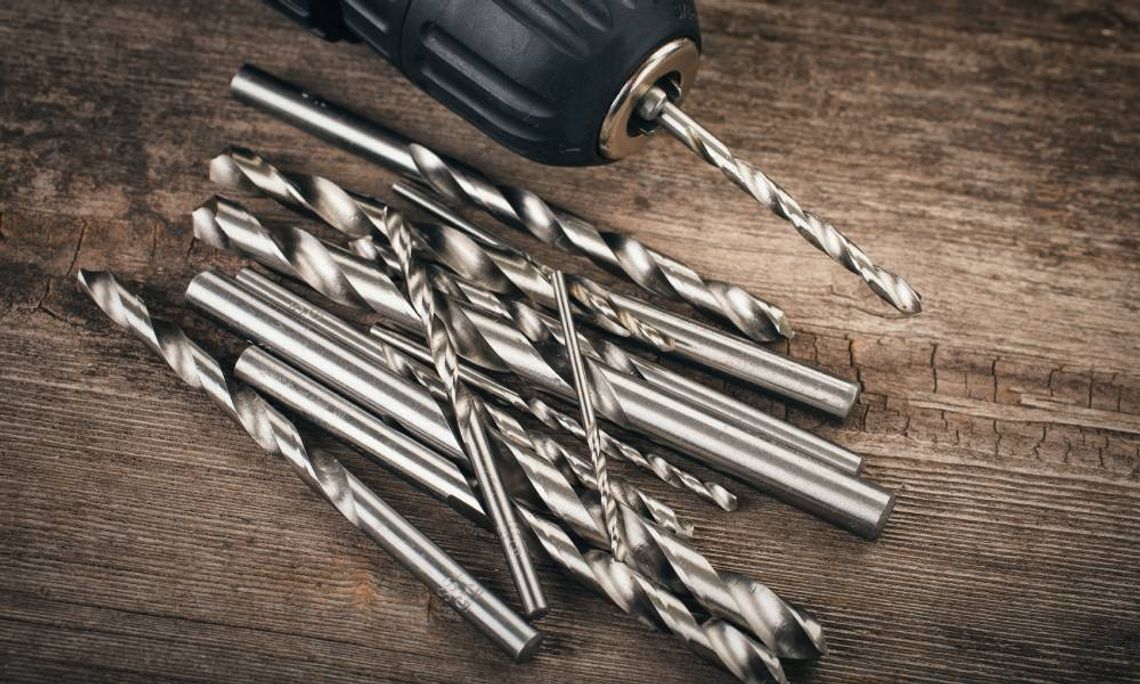Drill bits are essential tools in industrial and residential settings. They come in a variety of shapes, sizes, and, most importantly, materials. Metal alloys, which combine the strength, durability, and unique properties of different metals, are a popular choice for drill bit manufacturing. These alloys enhance performance by offering superior hardness, heat resistance, and longevity.
Let’s look at some of the most common types of metal alloys used in drill bits and their characteristics.
High-Speed Steel (HSS)
High-speed steel (HSS) is an alloy primarily composed of iron, carbon, and tungsten. As the name suggests, this alloy is highly resistant to heat and can withstand high drilling speeds. This heat-resistance makes it ideal for manufacturing drill bits used in metalworking and other heavy-duty applications. HSS drill bits also have excellent toughness, making them less prone to cracking or chipping while drilling through tough materials.
Cobalt Steel
Cobalt steel is another popular alloy used in drill bits. It’s a combination of cobalt and high-speed steel, which results in a stronger and more heat-resistant material. This type of alloy is especially useful for drilling through stainless steel and other hard materials, as it maintains its hardness and sharpness at high temperatures. Cobalt steel drill bits are also known for their long lifespan and are a cost-effective choice in the long run.
Titanium Coated HSS
Titanium coating is often applied to high-speed steel drill bits to enhance their durability and cutting performance. This thin layer of titanium adds an extra layer of protection against wear and tear and increases the drill bits lifespan. It also reduces friction and heat buildup while drilling, allowing for smoother and faster cutting.
Carbide
Carbide is a popular material used in many industrial applications due to its extreme hardness and resistance to wear. In drill bits, it’s typically combined with tungsten or titanium to create an even stronger and more durable alloy. Carbide drill bits are known for their ability to handle high-temperature drilling, making them suitable for heavy-duty tasks such as masonry and concrete drilling.
Diamond-Tipped
For the toughest drilling jobs, diamond-tipped drill bits are the best option. These bits feature industrial-grade diamonds on the tip, making them incredibly hard and able to cut through the hardest materials with ease. They are common for drilling through concrete, glass, and ceramic surfaces.
Understanding the different types of metal alloys used in drill bits can help you choose the right type for your specific needs. Creating drill bits is just one of the uses for industrial metal alloys, and they continue to play a crucial role in various industries. Whether it’s for heavy-duty construction or simple home repairs, having the right drill bit can make all the difference in getting the job done efficiently and effectively. So next time you pick up your drill, remember the importance of metal alloys and their role in helping us create and build with precision.


Comment
Comments